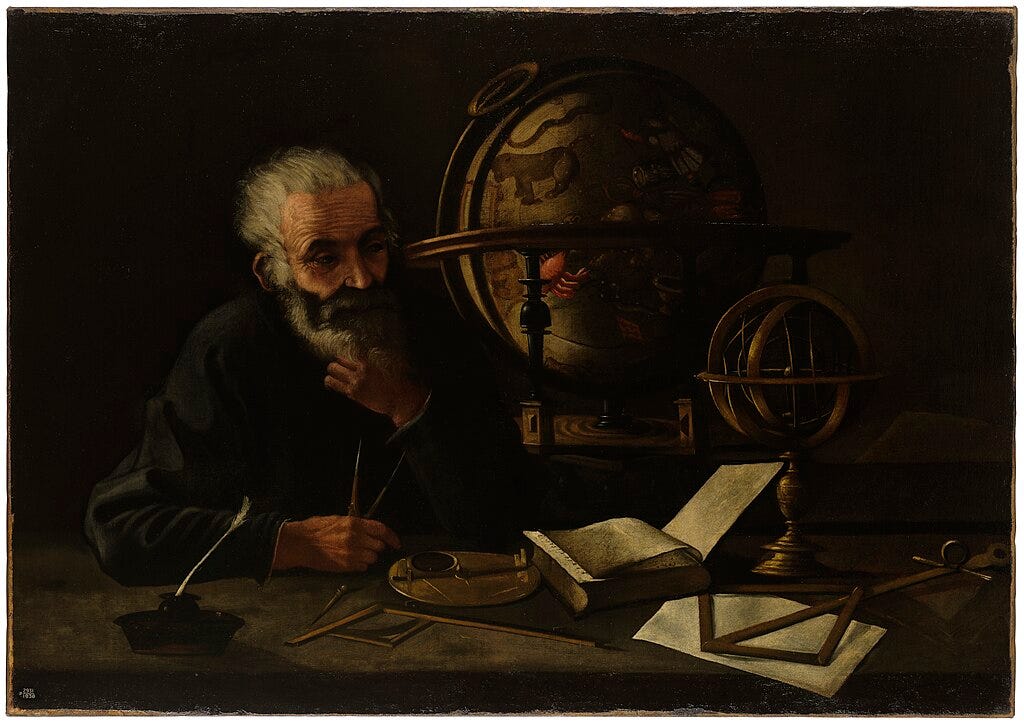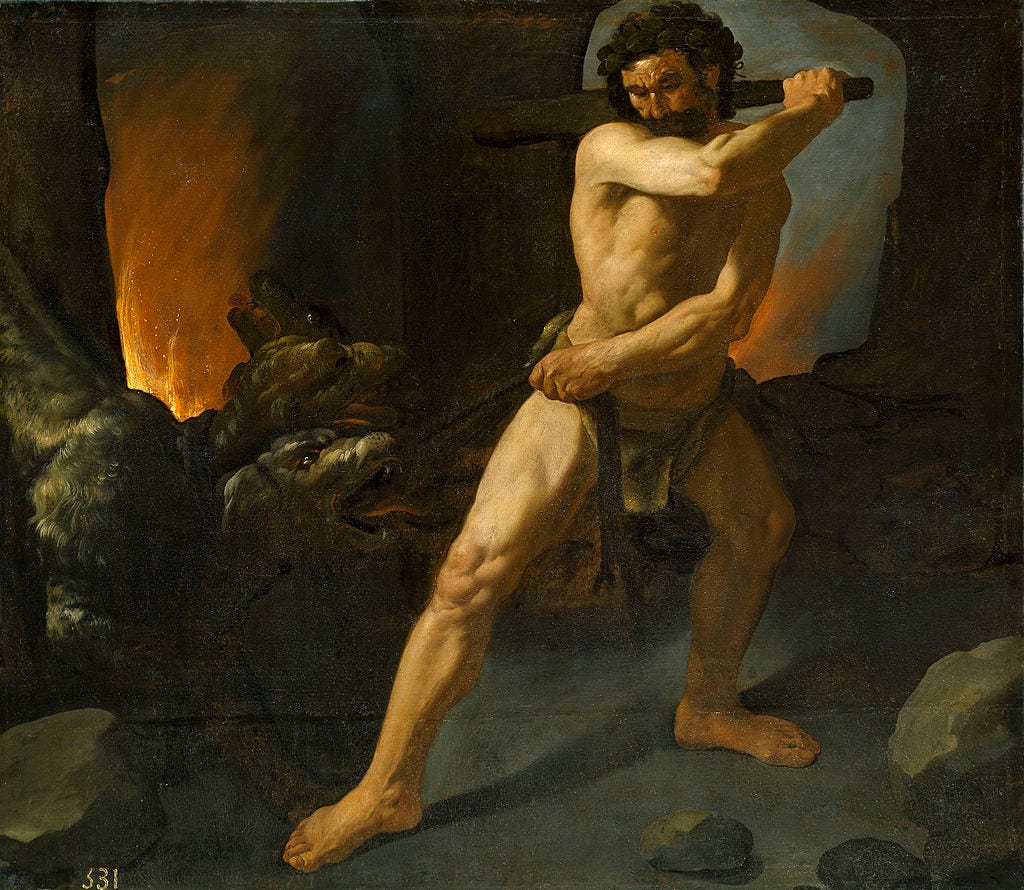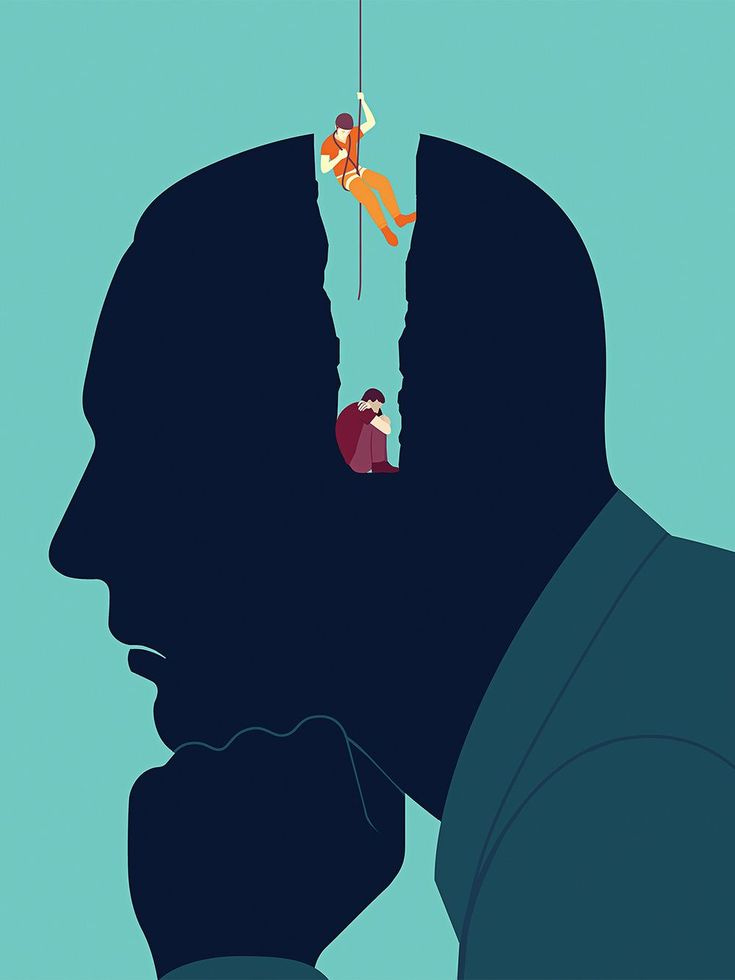Nietzsche and the Animal Within: Rediscovering Our Forgotten Instincts
For most of history, we humans have told ourselves stories of superiority. We imagined ourselves fashioned by gods, destined to rule over the earth as the crown of creation. Even today, with myths replaced by science, we cling to the conviction that we stand above all other creatures—rational, moral, enlightened.
But Nietzsche saw something different. He believed that beneath the masks of civility, beneath our pride in reason and morality, we are the sickest species alive—the animal that lost its instincts.
“Man is, relatively speaking, the most bungled of all the animals, the sickliest, the one most dangerously strayed from its instincts. But for all that, he is of course the most interesting.” (The Antichrist)
From Wilderness to Civilization
For most of our existence, we lived like every other animal—guided by instincts sharpened through countless generations. We were, in Nietzsche’s words, “half animals well-adapted to wilderness, war, prowling, adventure.” We acted, not because of abstract reflection, but because life demanded it.
Then came civilization. Laws, customs, and punishments pulled us into order. Our wild instincts did not vanish; they were forced inward. And in turning against ourselves, they produced the sickness Nietzsche called the bad conscience—that peculiar human ability to torment ourselves from within.
What was once a strength—our animal vitality—was now chained, domesticated, and made predictable. Humanity became, as Nietzsche put it, the tamed animal: safe, calculable, but guilt-ridden and weak.
The Sick Animal of Self-Consciousness
In losing our instincts, we leaned ever more heavily on our consciousness—our weakest and most fallible tool. We became ruminating animals, obsessing over details, second-guessing every move, dissecting life until it lost its color.
And in this dependence on thought alone, we lost trust in what Nietzsche called our “old leaders”—the unconscious drives that had guided our ancestors through fire and famine, war and wilderness. Without them, we are fragile, doubtful, always in need of a shepherd.
“Society tames the wolf into a dog. And man is the most domesticated animal of all.” (Thus Spoke Zarathustra)
Reawakening the Beast
Nietzsche did not think the solution was to erase our instincts—they cannot be erased—but to confront and transform them. To be honest about the “beast within” rather than repressing it.
This is dangerous. To open the cellar of our psyche is to hear the barking of wild dogs long chained, thirsting for freedom. Rage, lust, ambition, cruelty—all want their release. But suppression only breeds sickness. Transformation, Nietzsche believed, can turn those wild dogs into “birds and sweet singers.”
The Ancient Greeks understood this. They did not deny their instincts; they gave them festivals. Through art, ritual, and myth, they transfigured primal forces into beauty, tragedy, and cultural vitality. They harnessed the beast without destroying it.
Modern man, Nietzsche warned, lacks such outlets. Our society offers no festivals of instinct, no sacred spaces for chaos. We demand restraint, productivity, order. And so our instincts remain buried, poisoning us from below.
Truth as Circe
In Human, All Too Human, Nietzsche invoked the myth of Circe, who turned men into animals. For him, truth could serve the same function: a spell to undo the illusion of superiority, to strip away our masks, and restore our connection to the animal core of existence.
We must stop imagining ourselves as divine exceptions and accept what we are—creatures of flesh, driven by impulses as old as life itself. Only then can we redirect these instincts toward creation, strength, and culture.
The choice is stark: deny the animal and become sick with guilt and dependence—or embrace it, and rise as independent, self-reliant beings, capable of shaping new values for a stronger civilization.
The Forgotten Wisdom of Instinct
Nietzsche’s diagnosis still stings today. We are clever, yes. We are moral, yes. But we are also unmoored—animals who no longer trust their instincts, and so live half-lives of hesitation and self-doubt.
The task, then, is not to kill the beast but to guide it. To reawaken what is ancient in us and let it breathe—not as blind savagery, but as a source of vitality, courage, and authenticity.
For beneath our layers of culture and conscience, the animal still waits. And perhaps it is only by remembering him that we can learn, once again, how to live.
Yours truly,
Mootiph




